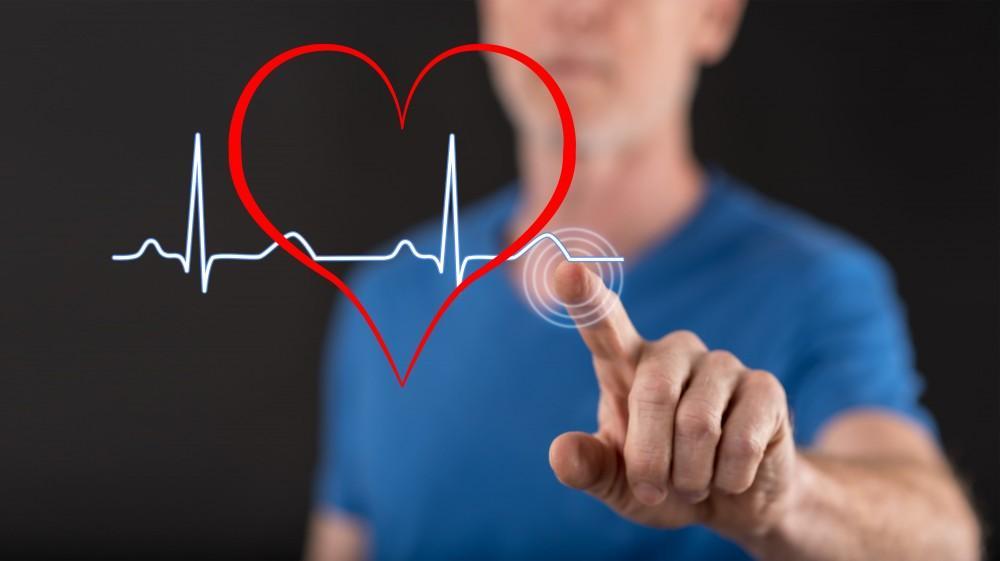Arrhythmia refers to any irregularity in the heart’s rhythm, a condition that can range from benign to potentially life-threatening. Understanding how cardiologists treat arrhythmia is crucial, especially for individuals who experience symptoms like palpitations, dizziness, or shortness of breath. A cardiologist in Denver or anywhere else will typically rely on a comprehensive approach that includes diagnosis, lifestyle adjustments, medications, and sometimes procedures to manage this condition effectively.
What is Arrhythmia?
These electrical impulses are responsible for coordinating the heartbeat, which in turn controls the rhythm of the heart. An irregular heartbeat is the result of these impulses being disrupted, which leads to the development of arrhythmia. These irregular heartbeats can take place in a variety of locations inside the heart and will occur at varying speeds. Atrial fibrillation, ventricular tachycardia, and bradycardia are three types of arrhythmia that are pretty common. There is a possibility that modest occurrences might not require treatment; nevertheless, more severe occurrences may increase the risk of stroke, heart failure, and possibly abrupt cardiac arrest of the heart.
How Cardiologists Diagnose Arrhythmia
The first step in treating arrhythmia is an accurate diagnosis. A cardiologist in Denver will usually begin with a detailed medical history, including any family history of heart disease or arrhythmia. Symptoms such as palpitations, chest discomfort, fatigue, and dizziness are often significant clues.
To confirm the diagnosis, a cardiologist may conduct several tests, including:
- Electrocardiogram (ECG or EKG): The most frequent diagnostic tool, this device captures the electrical activity of the heart and has the ability to identify aberrant rhythms.
- Holter Monitor: This portable device monitors the heart’s rhythm over 24-48 hours, allowing the cardiologist to detect intermittent arrhythmias that might not appear during a standard ECG.
- Echocardiogram: With the use of this ultrasound test, cardiologists are able to make images of the heart, which allows them to evaluate its size, structure, and functioning.
- Electrophysiology Study (EPS): In more complex cases, a cardiologist may perform an EPS, which involves threading catheters into the heart to map its electrical signals and identify the origin of the arrhythmia.
Treatment Options for Arrhythmia
Once an arrhythmia is recognized, the treatment plan will be determined by the kind, severity, and underlying cause of the problem. Cardiologists typically adopt the following treatment strategies:
1. Lifestyle Changes
For many individuals, lifestyle modifications can significantly reduce the frequency and severity of arrhythmias. A cardiologist in Denver may advise patients to make the following changes:
- Regular exercise: Keeping the heart healthy through cardiovascular activities can improve its efficiency and reduce the likelihood of arrhythmias.
- Diet: By controlling blood pressure and cholesterol, a heart-healthy diet high in fruits, vegetables, whole grains, and lean proteins helps lessen the burden on the heart.
- Stress management: Anxiety-induced arrhythmias can be avoided by lowering stress with relaxation methods like yoga, meditation, or deep breathing exercises.
- Avoiding alcohol and caffeine: Both can stimulate the heart and increase the likelihood of arrhythmias.
2. Medications
In some cases, lifestyle changes alone aren’t enough, and medication is necessary to manage arrhythmias. Cardiologists typically prescribe the following types of medications:
- Anti-arrhythmic drugs: These medications help regulate the heart’s rhythm and prevent abnormal electrical activity.
- Beta-blockers: These drugs reduce heart rate and lower blood pressure, often helping to control symptoms associated with arrhythmias like palpitations or dizziness.
- Blood thinners: These medicines are given to people with arrhythmias like atrial fibrillation to keep their blood from clotting, which lowers their risk of having a stroke.
3. Electrical Cardioversion
If a patient has a chronic arrhythmia that does not respond to medicine, a cardiologist may suggest electrical cardioversion. This method includes giving the heart a regulated electric shock to reset its rhythm. The surgery is often performed under sedation, and patients are able to get back into their regular schedules quickly.
4. Catheter Ablation
For more severe or recurrent arrhythmias, catheter ablation may be necessary. During this procedure, a catheter is inserted into a vein and guided to the heart. The cardiologist uses the catheter to apply heat or cold to the areas of the heart responsible for the abnormal electrical signals, effectively eliminating the source of the arrhythmia. This procedure is highly effective for conditions like atrial fibrillation and certain types of ventricular tachycardia.
5. Implantable Devices
In some cases, a cardiologist may recommend an implantable cardioverter-defibrillator (ICD) or a pacemaker to manage arrhythmias. An ICD monitors the heart’s rhythm and delivers shocks to restore normal rhythm if it detects life-threatening arrhythmias. A pacemaker is used to regulate a slow heart rate by sending electrical impulses to keep the heart beating at a proper rhythm.
Conclusion
Arrhythmia is a disorder that significantly impacts the lives of millions of individuals; yet, with the appropriate treatment strategy, it is frequently able to be effectively treated. In the event that you are experiencing symptoms of arrhythmia, it is imperative that you seek the advice of a cardiologist in Denver who is able to provide a specialized approach to your treatment. Your heart’s health can be improved, and serious long-term effects can be avoided with early detection and treatment of heart disease. Numerous strategies, such as lifestyle modifications, pharmacological use, or the development of new technology, can achieve this.



